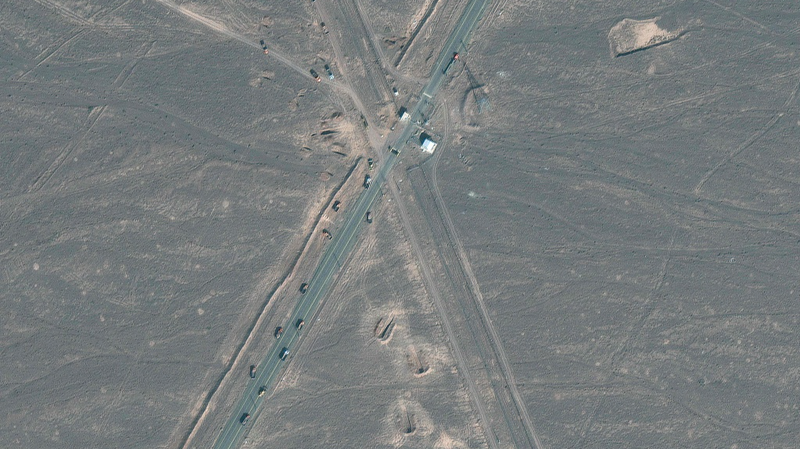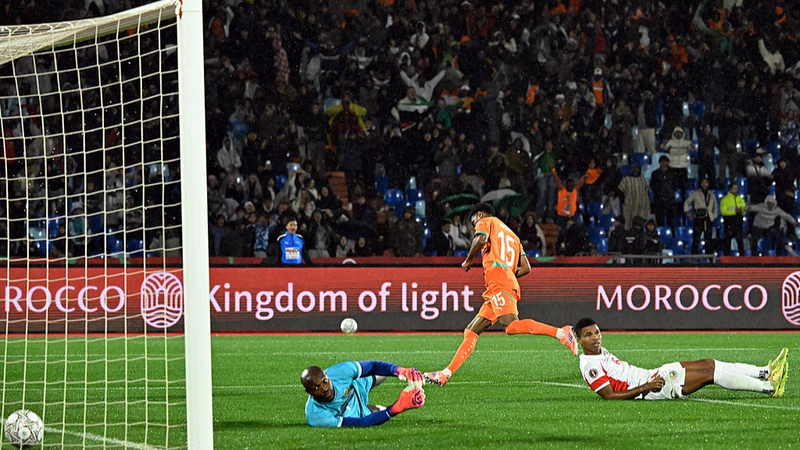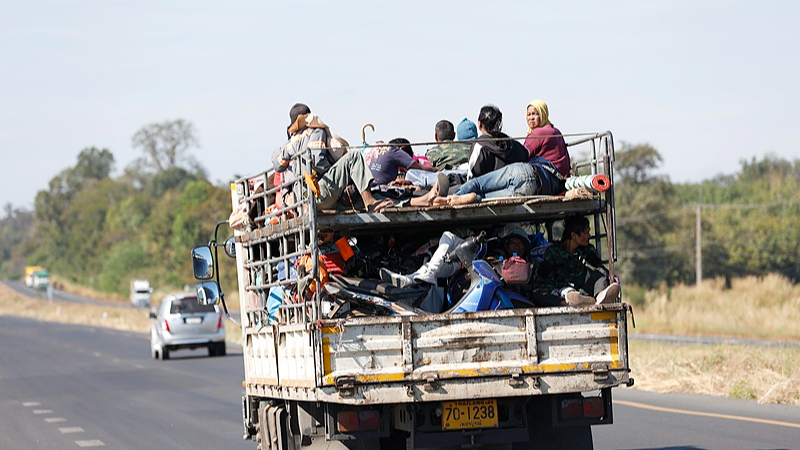In a dramatic escalation in the Middle East, the United States unleashed precision airstrikes on three Iranian nuclear sites over the weekend, deploying stealthy B-2 bombers to target deeply buried facilities like Fordow. This marks Washington's first direct military intervention in Iran's atomic program, a sharp pivot from its previous role of intelligence-sharing and indirect support.
Why Now?
According to Wang Jin, director of the Center of Strategic Studies at Northwest University in Xi'an, two factors drove the timing: Israel's recent raids had weakened Iran's air defenses, creating an opening for U.S. long-range missions; and pro-war voices in Washington, along with pressure from Israel, pushed for direct action. 'The strikes were designed to disrupt, not demolish,' Wang notes, aiming for a 'limited' footprint to avoid full-scale escalation.
Impact on Iran's Nuclear Drive
Physical hits can't erase Iran's decades of nuclear know-how or vast material stockpiles. Yet experts estimate this operation could delay Tehran's nuclear timeline by months or even years. Dismantling key infrastructure—energy lines, expert networks, supply chains—injects fresh uncertainty into a program that thrives on secrecy and resilience.
Norms at Risk
Both Washington and Tehran have invoked 'self-defense,' sidestepping non-proliferation commitments under the NPT. 'When great powers redraw treaty lines on their own terms, the rules-based order begins to crumble,' warns Wang. The global consensus on sovereign equality and dialogue could be the next casualty if unilateral strikes become the new norm.
A Wider Fire
Tensions could spiral. Houthi groups in the Red Sea have threatened to 'hit U.S. ships,' and Iran-aligned militias from Lebanon to Iraq stand ready to retaliate. A multi-front hybrid war would not only rattle regional stability but also threaten global shipping lanes and energy markets.
Can Diplomacy Win Back Room?
Despite Tehran's refusal to talk now, neutral mediators like Oman or European states could wrench open a diplomatic channel. 'Military pressure can be a door-opener, if leveraged carefully,' says Wang. The international community must act fast to build back trust and forestall deeper conflict.
As the world watches, the balance between military might and diplomacy hangs in the balance. What path forward would you chart to defuse the crisis?
Reference(s):
Q&A: Expert insight on U.S. strikes on Iran nuclear sites and fallout
cgtn.com



